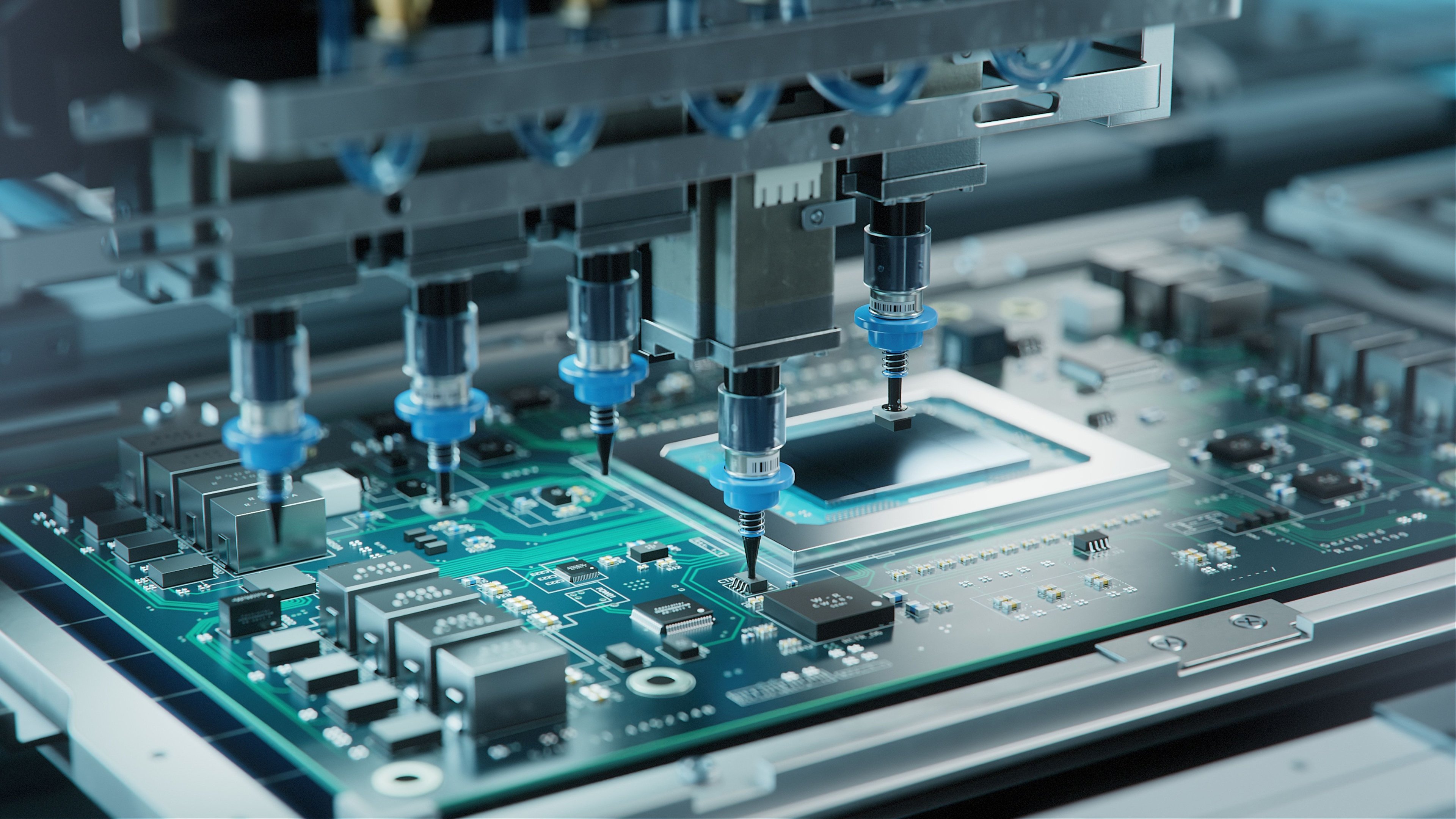Cirrus Logic (CRUS +2.60%) has had a tough time appeasing investors over the past year as its growth has flatlined. The audio chip specialist relies on Apple (AAPL 0.42%) for around 80% of its revenue, and this dependence has cost it dearly despite supplying chips for the iPhone X.
The problem is that Apple hasn't added any new content from Cirrus in its new iPhone generation. According to Bank of America Merrill Lynch, Cirrus' Apple business is going to peak in the ongoing fiscal year 2018, making it difficult for the company to inject new life into its business.
So Cirrus Logic has stagnated and investors have lost confidence in the company. Is there any hope for the chipmaker in the new year, or should investors maintain a safe distance from this stock? Let's find out.

Image source: Getty Images.
Where's the Apple business headed?
Demand for the iPhone X is waning, according to a number of research outlets, which have reported that iPhone X unit sales could drop off a cliff -- in the range of 5 million to 10 million units -- during the first quarter of 2018. Credit Suisse, for instance, projects that Apple lowered its first-quarter production forecast by 6 million units.
These supply chain sources aren't always reliable, so investors shouldn't start panicking based on one report, especially when other outlets project a rise in production as well. For example, TrendForce forecasts that iPhone production could rise 7.5% this year, greater than the 3% rise seen in 2017. But even if Apple's iPhone sales rise from last year in 2018, Cirrus won't benefit much.
Apple didn't add any new components from Cirrus in the new iPhones, so there is a good chance that Cirrus might have hit its peak with Apple. In fact, Cirrus' revenue is expected to grow just 1% year over year during the recently concluded December quarter despite the iPhone production ramp. The chipmaker is now solely reliant on the number of devices manufactured by Apple, but there isn't much growth to be had on this front.
So even if Apple increases its smartphone market share this year, its component supplier won't be basking in any glory if recent revenue trends are any indication.
Hunting for potential catalysts
Cirrus Logic is looking for opportunities in Android smartphones to mitigate the slowdown at Apple. CEO Jason Rhode pointed out in November last year that the company has started "shipping boosted amplifiers, smart codecs and hi-fi DACs into a variety of flagship and mid-tier Android phones." If that's indeed the case, Cirrus should spring a nice surprise on investors when it reports its third-quarter results on Feb. 5.
But making a big splash in Android smartphones is easier said than done. Rhode admitted that Cirrus lost content at its second-largest customer, probably referring to Samsung's use of Qualcomm's audio codecs in its flagship devices. Cirrus was earlier the sole supplier of these chips to the South Korean company.
Moreover, it actually looks as if Cirrus hasn't landed any big Android original equipment manufacturers so far. Management singled out just Lenovo as one of its customers in the Android smartphone space while pointing out that it could take longer than expected before it makes a sizable dent in the market.
Seemingly there are no near-term catalysts for Cirrus investors to look forward to. The voice biometrics market, however, could provide some respite to the chipmaker as this segment is expected to grow at an annual pace of almost 20% over the next four years. Cirrus is already onto this opportunity, taping out its first voice biometrics chip a couple of quarters ago.
The next step to a tape-out is production, so Cirrus could soon put its voice biometrics chip on the market. But the adoption of voice biometrics in consumer devices such as smartphones remains to be seen, especially considering the advent of facial recognition and advances in fingerprint recognition.
So it won't be surprising if voice biometrics remains restricted to financial institutions like banks, which can verify their customers' credentials on the phone using this technology.
Losses with the Apple supply and the cloud of uncertainty over non-Apple opportunities means Cirrus might not be able to make a comeback this year. Still, patient investors will be attracted by Cirrus' cheap valuation, as it trades at just 13 times last year's earnings, which is half the industry average.
The forward earnings multiple is also quite low at just 10.9x, so those on the hunt for value plays might consider Cirrus Logic. However, the stock could turn out to be a value trap if its prospects in the Android and voice biometrics markets don't play out in its favor.











